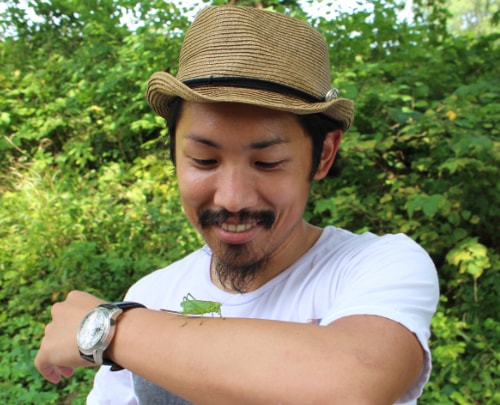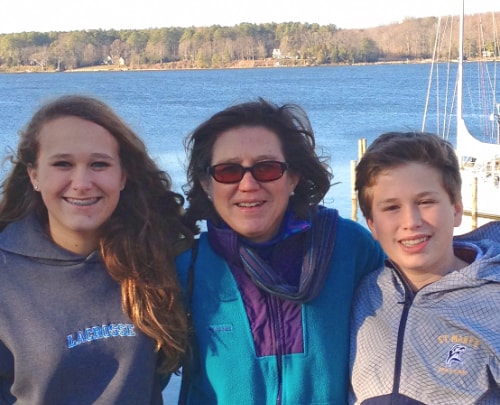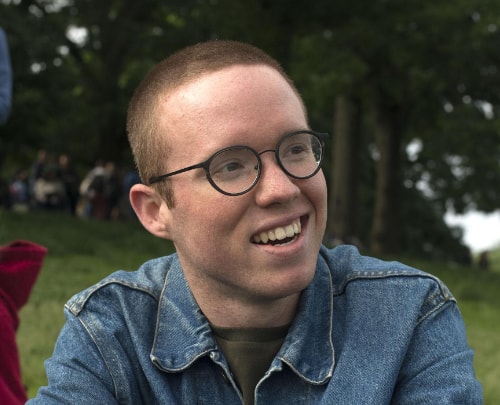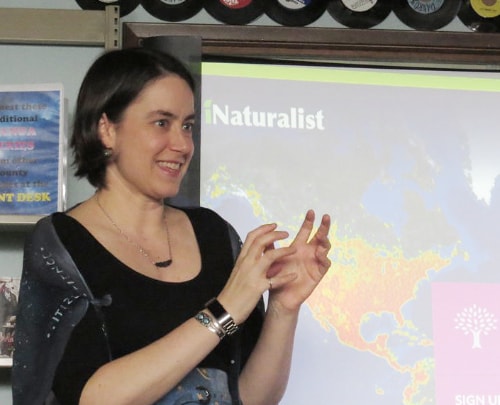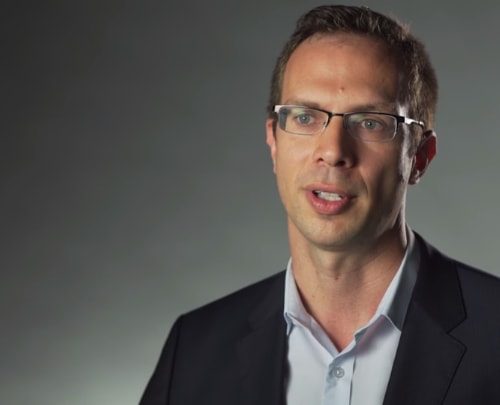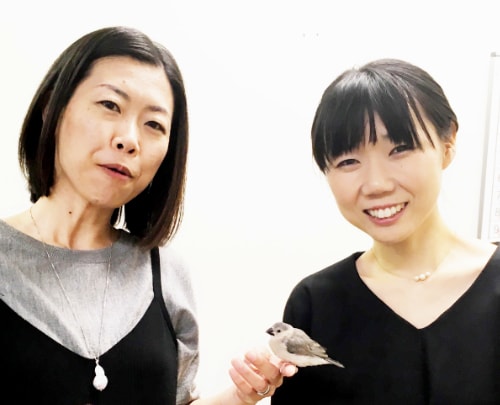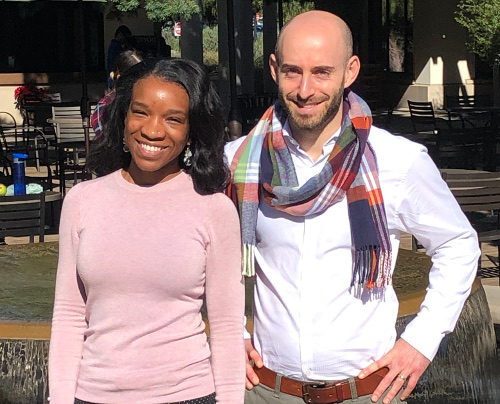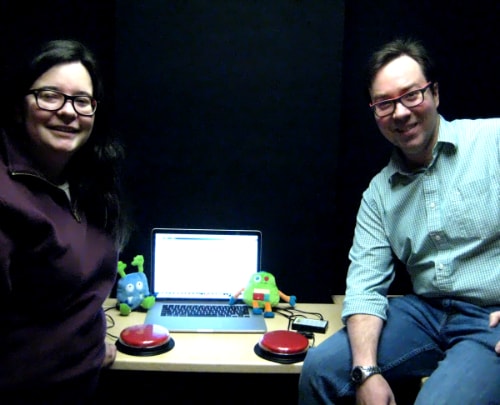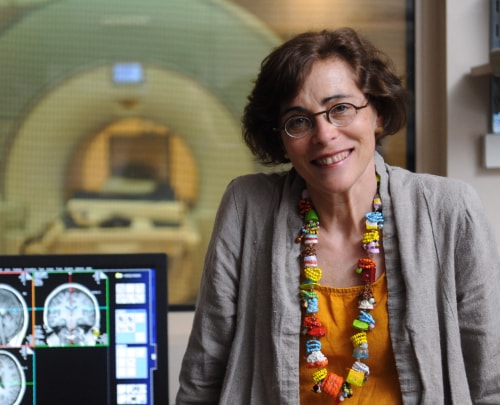When in Rome, should you really do as the Romans do? In episode 50, Wataru Toyokawa from the University of Konstanz in Germany discusses how observing and imitating others in crowds can at times enhance collective ‘wisdom’ … though other times it can lead to collective ‘madness.’
Author: Parsing Science
- Parsing Science
- Biology, Psychology
- MTurk, open-access, altmetric, ad:sciencepods, culture
- Comments Off on Wisdom & Madness of Crowds – Wataru Toyokawa
- Parsing Science
- Economics
- race, ethnicity, Brookings, happiness, gender, wellbeing, economics, well-being, open-access, transcript, ad:sciencepods
- Comments Off on Men Without Work – Carol Graham
In episode 49, Carol Graham from the Brookings Institution and the University of Maryland talks with us about her research into why younger out-of-work men in the United States are so unhappy compared to their counterparts in other places in the world who are arguably struggling much more.
- Parsing Science
- Psychology, Arts, Sociology
- sampling, social-network, open-access, music, collaboration
- Comments Off on Sampling Music Networks – Mason Youngblood
Can the sharing of drum break samples among musicians help us better understand how networks of artists collaborate? In episode 48, Mason Youngblood from the City University of New York discusses his research into the cultural transmission of digital music samples through collaborative networks of musicians.
- Parsing Science
- Space Science, Physics
- transcript, astronomy, altmetric, ad:wss, citizen-science, space, weather, open-access
- Comments Off on The Wonder of STEVE – Liz MacDonald
In episode 45, Liz MacDonald from the NASA’s Goddard Space Flight Center, discusses in her research into STEVE, a previously unrecorded atmospheric phenomenon discovered by citizen scientists in late 2016 that appears as a ribbon of flickering purple and green light in the night.
- Parsing Science
- Business, Computer Science
- ad:wss, business, A-B, marketing, p-hacking, statistics, open-access, plumx
- Comments Off on p-Hacking Business – Ron Berman
Whether intentionally or unintentionally, might the manipulation of statistics in marketing research be costing companies millions? In episode 43, Ron Berman from the University of Pennsylvania’s Wharton School of Business discusses in his open-access article “p-Hacking and False Discovery in A/B Testing,” co-authored with Leonid Pekelis, Aisling Scott, and Christophe Van den Bulte, and published July 18, 2018 on SSRN.
- Parsing Science
- Biology
- mating, Hokkaido, open-access, ad:wss, birds
- Comments Off on Voyeuristic Birds – Masayo Soma
Could birds’ courting behaviors change when they’re being watched? In episode 42, Masayo Soma from Hokkaido University discusses her research into monogamous songbirds which intensify their singing and dancing during courtship rituals – but only while in the presence of an audience of other birds.
- Parsing Science
- Law, Psychology
- Supreme Court, law, open-access, University of Michigan, plumx, UCLA, ad:wss, bias, heuristics
- Comments Off on Cognitive Biases on the Supreme Court – Jonathan Feingold & Evelyn Carter
Can cognitive biases and heuristics regarding race influence U.S. Supreme Court decisions? In episode 40, Jonathan Feingold and Evelyn Carter from the University of California, Los Angeles (UCLA) discuss the sometimes selective use of social science research by U.S. Supreme Court Chief Justice William Rehnquist as analyzed in their article “Eyes Wide Open: What Social Science Can Tell Us About the Supreme Court’s Use of Social Science” published on August 8, 2018 in the Northwestern University Law Review.
- Parsing Science
- Psychology
- open-access, ad:wss, vision, peripheral, distortion, illusion, North Dakota
- Comments Off on Illusions in the Periphery – Ben Balas
What can the chance discovery of an illusion tell us about how our eyes and brains work together? Ben Balas from North Dakota State University talks with us in episode 37 about his research into the Flashed Face Distortion Effect, an illusion in which normal faces – when rapidly presented in people’s peripheral vision – are perceived as grotesque and distorted.
- Parsing Science
- Biology, Neuroscience, Medicine, Psychology
- cognitive, plumx, Carnegie Mellon, ad:wss, NAS, face, neuroplasticity, plasticity, epilepsy, vision, open-access, MRI
- Comments Off on Plasticity & Face Recognition – Marlene Behrmann
Might our brains have greater plasticity than commonly thought? In episode 36, Marlene Behrmann from Carnegie Mellon University, discusses her 3-year longitudinal investigation of a young boy who had the region of his brain which recognizes faces removed, but regained this ability through neural plasticity.

